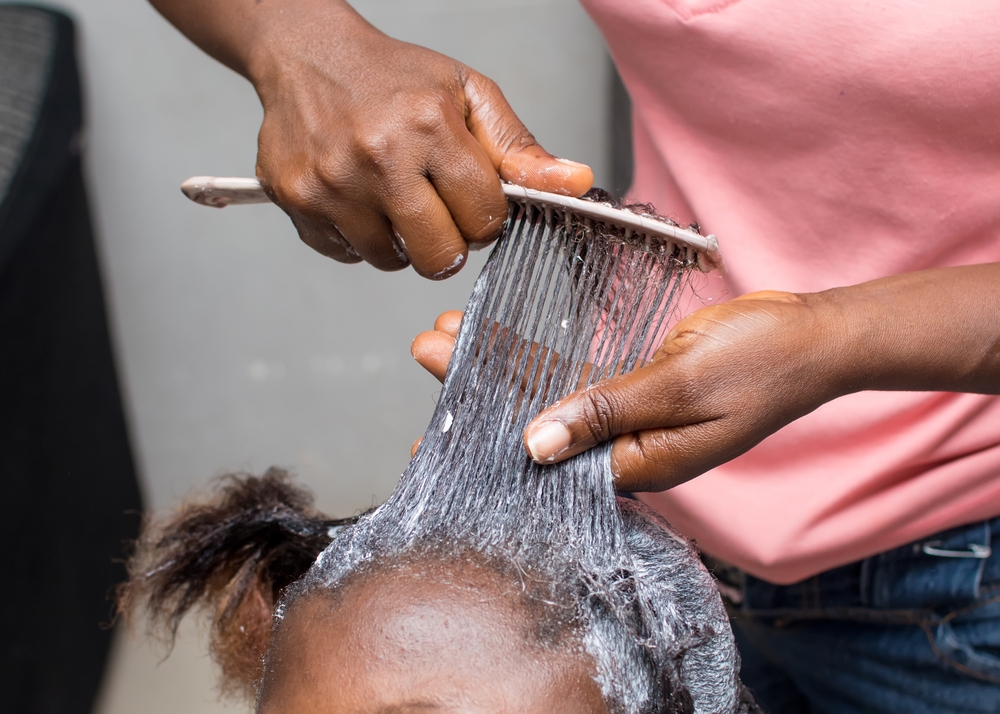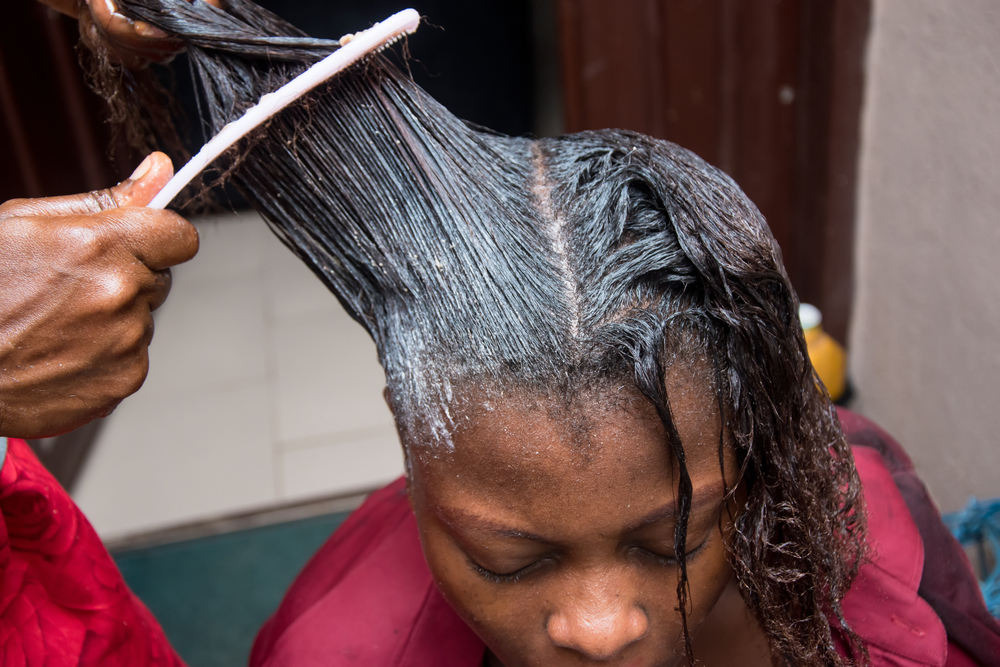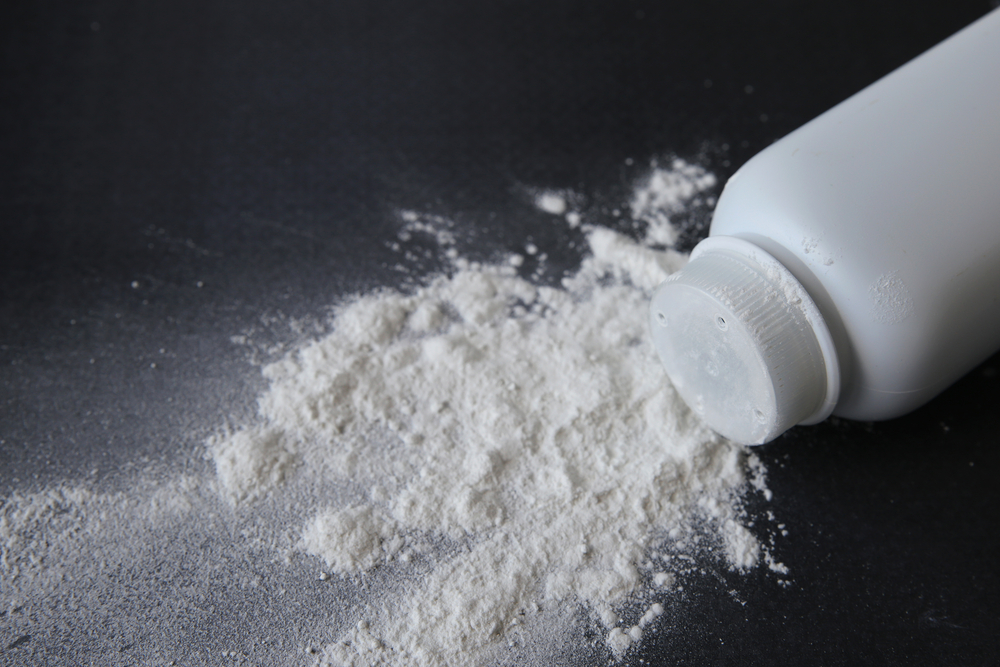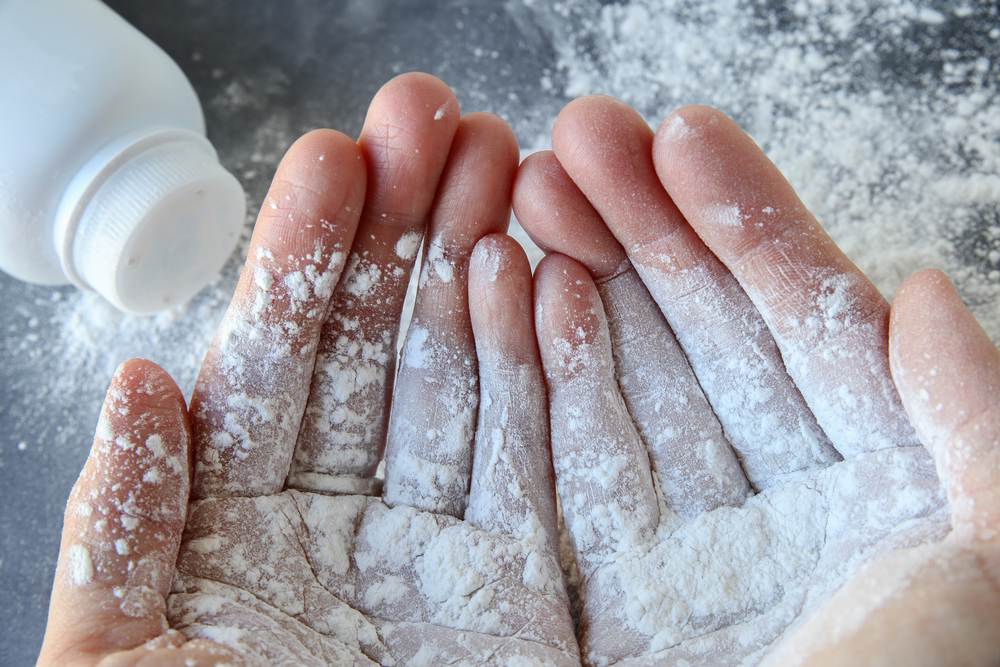About Defective Products Lawsuits
- Individuals injured by a product with a design, manufacturing, or marketing defect may seek financial compensation through a product liability lawsuit.
- Defective product lawsuits rely on the legal obligation of developers, manufacturers, and retailers to minimize the risks of harm to consumers. Multiple parties can be held liable for consumer injury, whether or not their failures were intentional.
- A defective products lawyer can help get victims proper compensation for a range of damages, such as medical bills, lost wages, and pain and suffering.
Why Hire CSS for a Defective Product Lawsuit?
There are many people and businesses involved in the creation of a single consumer product, and they’re all responsible for its safety and functionality. They must design and manufacture a product that functions without unreasonable risk, have quality control systems in place to keep harmful products off store shelves, and include clear directions and warnings on all marketing materials and product labels. If they fail to take these precautions and a consumer is injured, they can be held legally responsible in a defective product liability claim.
Childers, Schlueter & Smith is a nationwide law firm recognized for its excellence in dangerous and defective product cases. We understand the complexities of product liability laws and have the resources and skills to obtain a favorable outcome in defective product lawsuits.
Our attorneys will investigate the circumstances surrounding what led to your injury to ensure you receive justice and fair compensation for your injuries and losses caused by the defective product. We will keep you updated every step of the way, and if you’re offered a settlement that’s less than you deserve, we have the experience and resources necessary to take your case to trial.
The product liability attorneys at Childers, Schlueter & Smith are committed to holding companies and other parties accountable for their defective or dangerous products. If you were harmed by a product, our attorneys will review your case for free and outline your legal options. Contact us online or at 1-800-641-0098 for a free consultation.
Types of Product Liability Lawsuits
Defective product lawsuits can benefit the lives of consumers everywhere because they encourage product designers, manufacturers, and sellers to improve their quality control measures to prevent future injury. A product liability claim holds liable parties accountable when they fail to meet their legal duty to make and sell safe products. In many cases, the same product harms numerous consumers, leading to mass tort lawsuits.
There are three types of product liability lawsuits: design defect, manufacturing defect, and failure to warn. Each of these relates to different aspects of the product, from concept to sale and instructions for use.
What is a Design Defect?
Design defects occur when there’s a flaw with the design of the product; the person(s) envisioning and constructing the product fails to catch an inherent defect that will render every unit dangerous to consumers. Even though the product was created as it was intended, the design made it inherently unsafe.
Examples of product liability lawsuits involving a design defect are airbags that explode into pieces, hip implant materials that break easily, and electronics that spontaneously catch fire.
What is a Manufacturing Defect?
Product liability claims based on a manufacturing defect occur when the design was safe, but the product became dangerous or defective when it was produced or during the assembly process; an error occurred during production, and it may affect the safety of a single unit, batch, or every product manufactured.
In lawsuits alleging manufacturing defects, the consumer claims they were injured by the product because something went wrong while it was being made. An example would be infant formula produced during a time when the factory was contaminated with bacteria but is otherwise safe outside those dates.

What is a Marketing Defect?
The last type of product liability lawsuit, failure to warn, involves a marketing defect. Manufacturers have a legal duty to inform or warn consumers about possible dangers when using the product in an intended or foreseeable way. This applies even after the product is made and sold.
Marketing defects are found in the packaging and/or advertising of a product, such as warnings on product labels and in the instructions for use. A missing warning about choking hazards in a children’s toy or a dangerous pharmaceutical that’s addictive but is touted as non-habit forming are examples of product liability lawsuits based on failure to warn.
Example Product Liability Cases
Every day, we use a wide range of products, and as consumers, we place great trust in the hands of those who create and sell them. We expect products to be safe, and for the most part, they are. However, anything can be found defective or dangerous, from household items, motor vehicles, and prescription medication to firearms, toys, and food.
From past RoundUp lawsuits to ongoing claims involving hair relaxers, baby formula, and talc powder, our product liability lawyers have extensive experience and a deep understanding of product liability laws. The following defective product lawsuits are some examples of the cases we’re currently handling. They’ve affected tens of thousands of consumers and caused life-changing illnesses, conditions, and complications, and far too often, these dangerous products have caused fatal injuries.
Chemical Hair Relaxer Lawsuits
Chemical hair relaxers have been widely used by women across the U.S. and around the world for decades. But there’s extensive research that’s linked chemical hair relaxers to several types of cancers and other health issues, including uterine, ovarian, breast, and endometrial cancer, uterine fibroids, infertility, and reproductive conditions.
The chemicals in hair relaxers pose significant health risks to those who use them, especially for extended periods of time. With significant evidence about the dangers and harm caused by these products, more than 10,000 women who were diagnosed with an associated illness have filed hair relaxer lawsuits since October 2022. The majority of cases were consolidated into multidistrict litigation (MDL) soon after due to the number of plaintiffs with similar illnesses, evidence, and allegations.
The product liability attorneys at CSS are representing victims who have suffered illnesses and conditions linked to the use of these hair straightening products. Hair relaxer lawsuits allege manufacturers knew or should have known of the increased risk of reproductive issues and cancers associated with relaxers and that they failed to warn consumers.
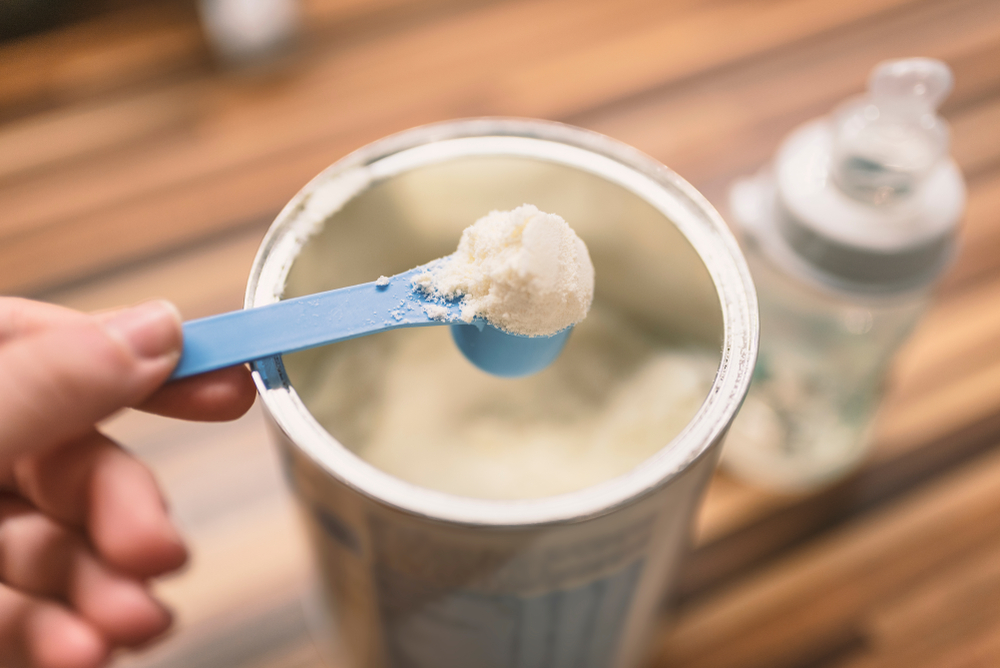
NEC Baby Formula Lawsuits
Research has shown that feeding premature babies cow’s milk-based formula significantly increases the risk of developing necrotizing enterocolitis (NEC). A life-threatening gastrointestinal condition, NEC has an estimated 25%-50% mortality rate, and babies that survive face serious complications; developmental delays, short bowel syndrome, infections, and a narrowing of the intestines have caused innocent children to suffer, and many will have lifelong health issues.
NEC baby formula lawsuits filed against Abbott Laboratories and Mead Johnson, the manufacturers of Similac and Enfamil, are based on their legal duty to warn consumers about any risks of using their products. Given the 30 years of scientific research showing premature babies are at a significantly increased risk of developing NEC from cow’s milk-based formulas, these lawsuits have a strong legal foundation. They allege Abbott Laboratories and Mead Johnson knew or should have known of the health risks, and that they failed to warn consumers and healthcare providers of these risks.
More than 600 cases are part of the NEC baby formula MDL. The dangerous product lawyers at CSS are fighting for the rights of families whose premature babies have suffered serious health conditions that have forever changed their lives. Sadly, numerous plaintiffs lost their children after they developed NEC and suffered complications associated with the condition.
Talcum Powder Product Liability Cases
For nearly a century, consumers have used Johnson & Johnson’s Baby Powder and Shower to Shower products. While the risks of developing respiratory illnesses from talc powder have been known for some time, more and more studies have shown that talcum powder increases the risk of ovarian cancer by more than 30%. Some studies, dating back to the 1980’s, have shown even greater risks.
With significant evidence of the dangers and harmful effects of talc powder products, the first talcum powder lawsuit was filed against Johnson & Johnson in 2013. As of January 2025, more than 58,000 cases were a part of the talcum powder MDL.
The widespread impact of talc powder has shown to be devastating, and the product liability lawsuits against J&J have become one of the largest dangerous product legal battles in recent years. Many of the cases that have gone to trial led jurors to award hundreds of millions of dollars to women and surviving family members who claimed Johnson & Johnson’s talc products caused ovarian cancer. While several of these trials have resulted in favorable outcomes for plaintiffs, Johnson & Johnson has had some victories too.
Our firm is currently representing victims who used talc powder and were diagnosed with ovarian cancer. Anyone affected by this product should contact our firm, including those who lost a loved one from reproductive cancer.
How to Prove Liability in a Defective Product Lawsuit
Defective product lawsuits differ from standard personal injury cases; they rely on the legal obligation of all parties involved in the design through the sale of a product to minimize dangers and risks of harm to consumers. They require purposeful investigations, the use of experts, extensive evidence gathering, and a robust and applied understanding of relevant laws.
In order for a product liability lawsuit to be successful, you must prove that the product you were injured by had a design, manufacturing, or marketing defect and that the defect caused your injuries and losses.
Legal grounds to bring a product liability lawsuit are generally based on at least one of four theories:
- Negligence: Basing your claim on negligence means you must show that the defendant(s) owed you a duty of reasonable care to provide a safe product, and their failure to do so resulted in your injury. Manufacturers, for example, have a duty to construct a product safely, while suppliers must provide non-defective parts.
- Strict liability: This theory doesn’t require you to prove who is at fault, only that the product was defective and caused your injury. But if the defense can prove your own actions caused your injury, you could lose your case. Strict liability is where the three types of product defects come into play.
- Breach of warranty: A product warranty is a legally binding promise, express or implied, that the manufacturer/seller will repair or replace any product that fails to meet safety, performance, and quality standards.
- Misrepresentation or fraud: A product liability lawsuit based on misrepresentation or fraud occurs when the defendant states false or misleading information, like in advertisements or on product labels. When injured due to a false claim, plaintiffs may seek damages from the party that committed fraud.
On top of determining the legal grounds for filing a defective product case, four basic elements must be demonstrated. Plaintiffs must show: that the product was defective at the time of the injury, the defect caused the harm, the product was in substantially the same condition as it was when it left the defendant, and it was intended to be used or was being used in a manner that was reasonably foreseeable.

Why Contact Our Defective Products Attorneys
We use consumer products constantly throughout our daily lives, generally without thinking that they might cause us serious injury. Unfortunately, more than 33 million Americans are harmed by these products every year.
When you’re injured by a product with a design, manufacturing, or marketing defect, there are many ways it may affect you and your family. Without the help of a product liability lawyer, it can be difficult to determine and demonstrate the full extent of damages, especially when it comes to emotional trauma or injuries that will have a long-term impact. While it may be easy to add up short-term medical bills, many other types of damages are important when calculating the value of a defective product lawsuit. These include time off work, lost earning potential, future health implications, and physical, emotional, and psychological pain and suffering.
Beyond compensation for victims, there are other reasons why it’s important to hold companies liable through defective product lawsuits. These cases help ensure others don’t suffer the same or similar harm; they encourage businesses to hold themselves to higher standards and to make changes that better protect consumers through improved safety of their products.
However, defective product lawsuits must be filed within the statute of limitations – the given time period during which legal action can be brought. In most states, including Georgia, the statute of limitations for product liability cases is just two years from the time of the injury. Given the complexity of and steps required to build a strong lawsuit and the short time to do so, the sooner you consult with our defective product lawyers, the better.
If you were injured by a product and know or suspect there was a defect or you weren’t warned of the risks, contact the product liability attorneys at Childers, Schlueter & Smith today. We have the legal expertise and proven success rate to get injured consumers the compensation and justice they deserve. Contact us online or at 1-800-641-0098 for a free, no-obligation case consultation.
Frequently Asked Questions
Product liability lawsuits are based on either a design, manufacturing, or marketing defect. Design defects involve a flaw in the design of a product, while manufacturing defects occur during production or assembly. Marketing defects occur when there aren’t adequate instructions for the proper use of a product or when there’s a failure to warn consumers of the known or foreseeable risks and dangers.
While there is no federal product liability law, defective product claims are generally based on one of four theories: negligence, strict liability, breach of warranty, and misrepresentation or fraud. Which theory applies in a product liability lawsuit depends on the product and how it caused injuries and/or losses for the plaintiff.
Settlements and jury awards in product liability lawsuits can include several types of damages, such as medical bills, lost wages/future earnings, physical, mental, and emotional pain and suffering, and more. In cases of especially reckless misconduct, the court may impose punitive damages, or financial punishment, on the defendant(s). These help deter other companies from putting out defective products, especially in mass tort cases.
Every product liability lawsuit is complex. It’s difficult to predict how much compensation you’ll get, but an experienced defective products attorney can help determine the cost of your injuries, including current and future damages. They’ll assess all aspects of your product liability case to calculate the level of compensation that should be pursued.
The first thing to do after being injured by a defective product is to seek medical attention. Medical records showing you needed treatment, and the extent of your injuries will be used as evidence to strengthen your claim. The next step is to consult with a product liability attorney to ensure your lawsuit is filed within the statute of limitations, and that proper compensation is sought. Gather all photographic or videographic evidence possible and collect witness names and contact information if others saw what happened. Do not alter the product in any way, as you’ll have to prove that your injury occurred despite following instructions. An attorney can help ensure you have what’s needed to file a solid lawsuit, including gathering witness statements and performing a thorough investigation.
While you can file a claim on your own, a defective product lawyer can make the process easier and the outcome more successful. A defective product lawsuit requires an intricate knowledge of product liability laws, and the statute of limitations makes them time-sensitive. Often, multiple experts are required to satisfy your burden of proof, and proper evaluation of damages is needed but difficult to do on your own. An attorney has the resources to gather extensive evidence and documentation to demonstrate the value of your case. Without a defective product attorney, your claim may be settled out of court for much less than you deserve.
Some product liability cases have made nationwide news and resulted in life-changing awards for plaintiffs. Examples include NEC baby formula that causes life-threatening disease in newborns, recalled Philips CPAP sleep apnea machines, and Roundup weed killer linked to multiple cancers.
A design, manufacturing, or marketing defect could happen to any product, from the food we eat and the medication we take to the instructions for toys and the cars we drive. Examples of how a product becomes defective and results in a product liability lawsuit include:
- Contaminated food or medicine
- Failure to fully test a product for safety
- Use of poisonous or toxic materials
- Failure to label a product properly or mislabeling a product
- Use of unreasonably weak materials
- Defective airbags, seats, or seat belts
- Industrial equipment failures
Free Case Evaluation
Related Practice Areas
Defective Products Attorneys
Recent Defective Products News
If you develop cancer or a condition associated with chemical straighteners, it’s important to know your legal options and how to proceed.
There is substantial evidence that hair relaxers increase the likelihood of certain cancers. In addition to uterine cancer, there are also links between hair relaxer products and ovarian cancer.
If you have been diagnosed with cancer after regularly using hair relaxer products, you could have a claim for compensation against the manufacturer even if you have underlying health conditions.
Proving legal damages after using hair relaxers can be challenging, but an experienced dangerous and defective product attorney can evaluate your claim to determine if you meet certain criteria to prove damages and recover compensation.
Understanding how to bring a talcum powder case starts with a free consultation—get the answers you need.
Determining eligibility for a talcum powder lawsuit involves several factors, and guidance from our experienced attorneys can make all the difference.


